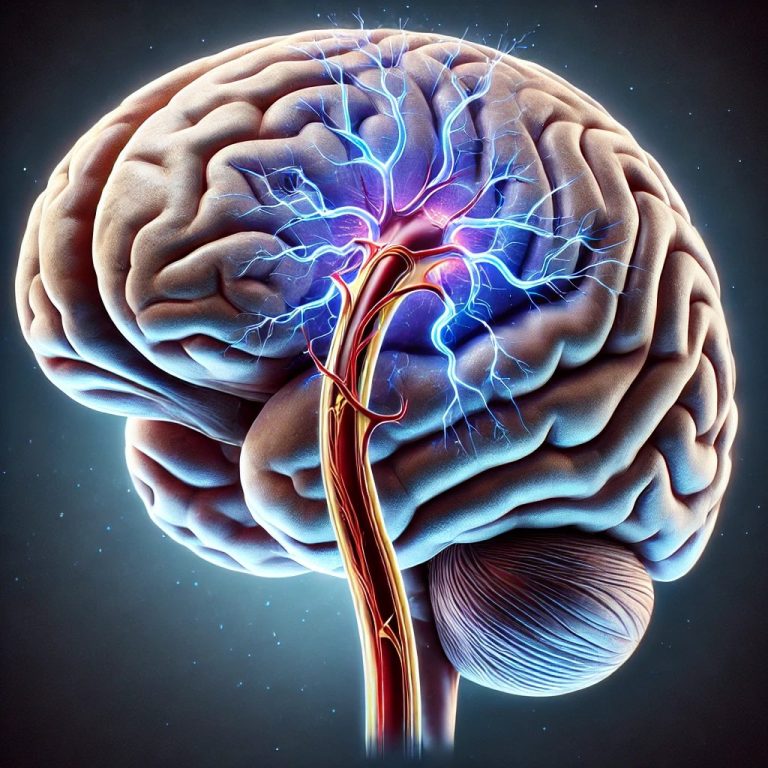The Nigerian government has said that the growing number of brain and nerve diseases in the country is a serious health threat. It is asking for everyone to work together to solve the problem.
Dr. Salma Ibrahim Anas, the President’s Health Adviser, spoke about this issue at the 2025 Africa Neurological Health Summit. The event, held in Abuja, focused on making brain and nerve care better in Nigeria and across Africa.
She explained that this is a major issue affecting many people and families. Conditions like epilepsy, stroke, Parkinson’s, and spinal injuries not only hurt individuals but also affect communities and the nation’s progress. She said Nigeria needs a new, united plan to improve brain and nerve care.
Dr. Anas mentioned five key areas to focus on:
1. Creating a national plan for brain and nerve health
2. Improving diagnosis, medical staff, and equipment
3. Expanding health insurance and funding
4. Using digital tools like telemedicine
5. Making sure all Nigerians get equal care through better policies
Chika Okwuolisa, the founder of Brain and Spine Foundation Africa, welcomed guests to the summit and talked about how important it is to make brain and spine health a top priority in Nigeria and Africa.
She said that brain health should be treated just as seriously as cancer and other major diseases. Brain illnesses are becoming a national emergency and need immediate action from the government and society.
She pointed out that brain tumors and other neurological diseases are a growing crisis. She stressed the need for teamwork among hospitals, emergency responders like the military, and other key groups.
She also called for more money and better information for patients. Without these, patients and their families are left to struggle alone. The current healthcare system does not support the financial and emotional burden of these diseases.
She shared her personal story about raising money for her sister’s treatment by begging from house to house. She said no family should have to go through this alone and called on the government to help more.
She urged doctors, researchers, policy makers, donors, and patient groups to work together. She encouraged sharing useful information and holding the government responsible so that Nigeria can meet global goals for treating neurological disorders.
Health Minister Prof. Muhammad Ali Pate said that brain and nerve diseases are one of the top causes of death and disability worldwide, killing around nine million people each year.
He said stroke, migraine, dementia, meningitis, and epilepsy are the most common causes. In 2016, nearly 53 million children under five had developmental problems, mostly in poor countries. The burden is worse for women, older people, and the poor.
But things are improving. Nigeria has made a national plan to fight these diseases. Mental and brain health services are being expanded across the country.
The government is also adding mental health services into other major health programs, like those for HIV, tuberculosis, and child health. This will help make healthcare more efficient and connected.
Earlier, Akinkoye Kehinde from the Ministry of Health said the summit was meant to raise awareness about brain diseases and encourage better care in Nigeria and Africa. He said this should be done through strong policy discussions that match global goals.


